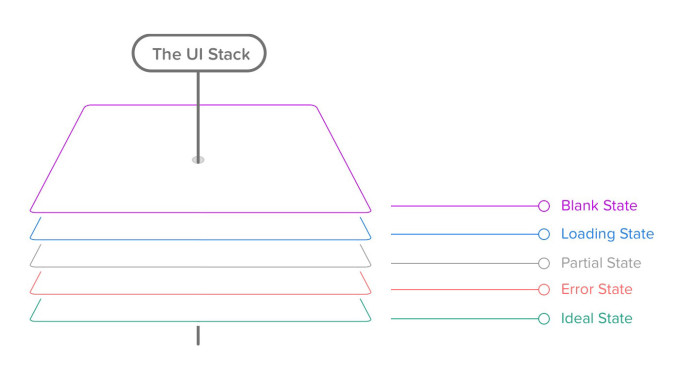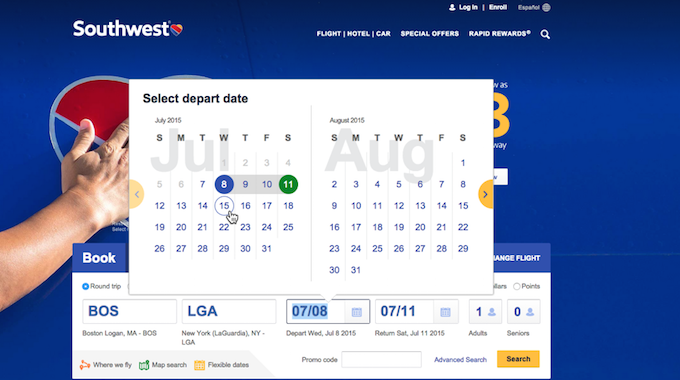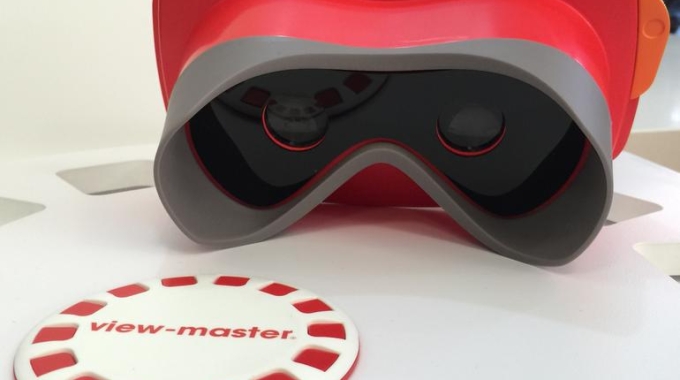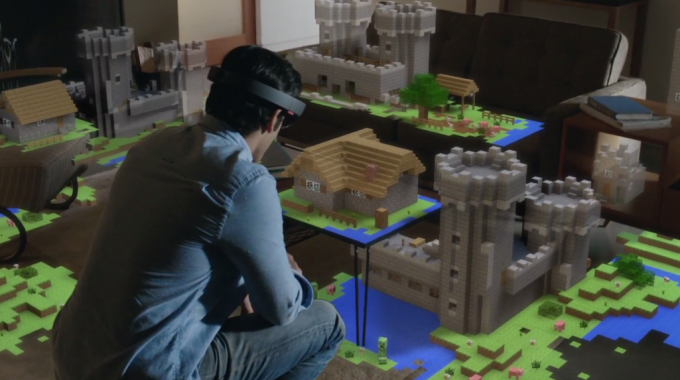How to Fix a Bad User Interface
Hey! This is an excerpt from my book Designing Products People Love, which will be published by O’Reilly in December. Learn more about the book and the 20+ product designers from Facebook, Twitter, Slack, etc. who were interviewed about how they work.
Have you ever experienced a user interface that feels lifeless? Have you created a UI that just seems to be missing…something?










